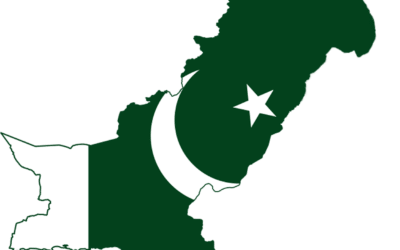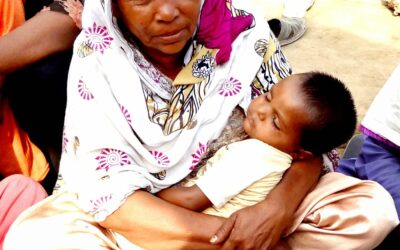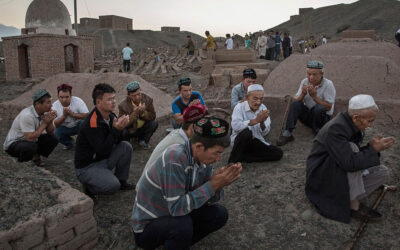Pakistani women stayed in abusive marriages because Pakistan failed
This article was originally published in Dawn. You can read the full article here.
When domestic abuse is discussed on TV and in drawing rooms, people often ask: why didn’t she leave her violent husband?
Dania endured violent beatings during her pregnancies. But leaving was not an option; she was sent back to live with her tormentor.
In the six years Dania has been married, she has spent four-and-a-half at her mother’s house. Her children were born here after all — though their father never witnessed the births.
“He began hitting me as soon as I was married,” she says. “Even when I was pregnant with my first daughter.”
Each incident resulted in the same play of events: Dania would rush to her mother’s house, only to end up going back — sometimes of her own accord but often on the persistence of her community and its elders.
Her parents told her divorce was a terrible idea. “It’s better for a family to settle down,” they told her, “Hum izzat wallay log hayn [We are respectable people]. Such people do not have divorced daughters.”
The issue was discussed at the village panchayat, which decided she should go back to her husband immediately. Each time she approached them for help, she was given the same ruling: “These things are not unusual, they happen in homes.” It was better, the panchayat decided, for Dania to return to her husband.
Dania did, as she had before, but her husband was not going to change. When she was pregnant with her third son, her husband added to the years of bruises and pain by kicking her down a flight of steps. And once again she left — only to return.
To continue reading, please visit the original article here.
Shaheen’s Rescue
An 18-year-old Christian girl, Shaheen was born into a poor family enslaved at a brick kiln. Despite working day and night they still did not make enough to live. Shaheen's father was diagnosed with heart disease and was unable to work for several weeks. The family...
Persecution in Pakistan | Finding Strength in a Nightmare
When I first became a mom in 2016, I used to have a recurring nightmare that my 3rd floor walkup apartment in New York City was on fire, and I had just minutes to not only get my babies to safety, but to also gather whatever we would need to survive out of the home....
Pakistan Should Heed the Call of Oppressed Muslims Instead of Oppressing Its Minorities
As the second-largest Muslim nation, Pakistan is 96 percent Muslim, with the remaining population comprised of Christians, Hindus, and Ahmadis. However, convictions of this small percentage of religious minorities under Pakistan’s strict blasphemy laws frequently make...




